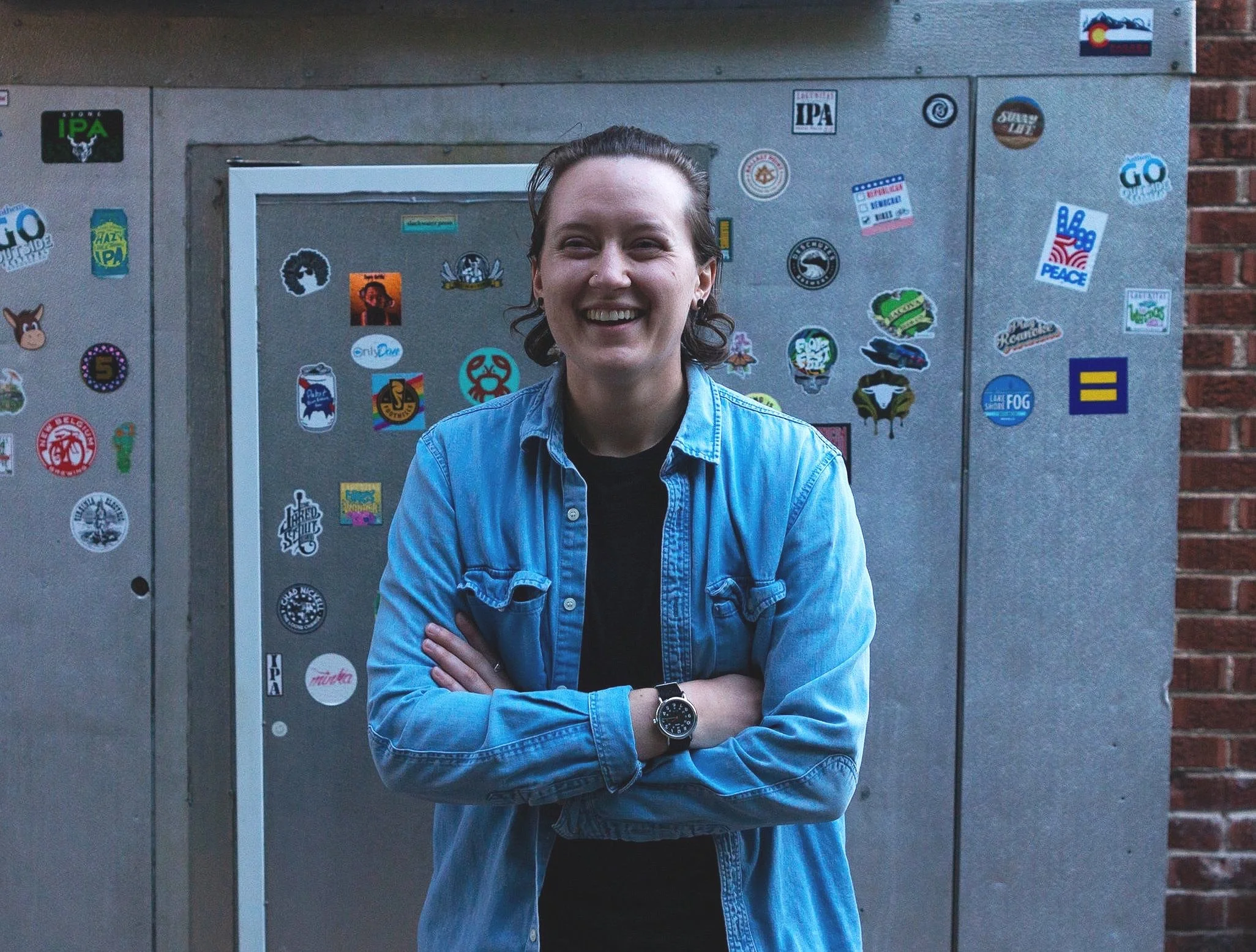International Women's Day has been celebrated on March 8th for over a century, yet there is still tremendous work to be done concerning women's rights, with many groups of women experiencing greater difficulties than others. Rural women, according to the UN, face even more oppression when compared to urban women or even to rural men. Economically, rural women earn 40 per cent less than rural men, and less than 20 per cent of land-owners are women. This March 8th, the UN is campaigning for greater opportunities for rural women, as they continue to struggle despite their important role in the society.
According to UN Women, only 9.3 per cent of women working in India's agricultural indisry own their own land. Since 2001 Azad India Foundation, based in the Kishanganj District, has been working to improve the lives of rural women and their families. Kishanganj is one of the most underdeveloped districts of Bihar both economically and in education, due to its particular geographical location. Sharing a border with Nepal, the district has several rivers running through it, acting as a primary source for agriculture and irrigation.
PHOTO: Ron B. Wilson
The organization aims to empower rural women with programs focusing on education, culture, health, and nutrition. They also run stitching and computer centres for girls and women, so they may learn income-generating skills. "The rural women have limited choices in the family and the community", says Yuman Hussein, Azad India Foundation's executive director. "The prevalence of child marriage is still common in the villages where parents tend to marry off their daughters as soon as they reach puberty".
3,500 children benefit from the organization's learning centres located throughout 73 different villages. The foundation believes that children should have access to pre-school and primary level education. "A majority of our children are first generation learners", emphasized the director. "We involve community members, parents and especially mothers in the program so that they are also sensitized about the importance of education".
PHOTOS: Ron B. Wilson
Back in 2001, it was difficult to convince community members to send their daughters to local schools or the learning centres. But 15 years later, the mindset of the communities has changed. "More girls are now seeking education. It is common to see girls cycling to the schools now. We used to have a tremendous problem in finding teachers for our learning centres but now girls are joining and are keen learners. And there are now more opportunities for women in villages due to governmental intervention", said Hussein.
New York and Miami based photographer, Ron B. Wilson traveled to photograph Azad India's work on his third assignment with Photographers Without Borders (PWB). Different from past projects, most of the staff at Azad spoke Hindi and only a little bit of English.
"It was always an adventure to try and communicate. Actually, I enjoyed this project more because of this reason. I felt like it was some place special and remote, and I loved the challenges that came with it", said Wilson. "On this trip, besides telling stories with my camera, I felt like I learned to listen for the first time in my life, even though I didn’t speak the language. There was a story around every corner that the people wanted to tell me, and I am so thankful that I was there to hear to them".
PHOTOS: Ron B. Wilson
The photographer explained that most of the women and children rely on their husbands or local men for information. Azad India enables women to gain an education and become more self-sufficient. "I was able to visit some young women at their homes, who had started their own business making clothes using the skills they learned by sewing in some of the Azad centres", Wilson added. "Being welcomed into the student’s homes was one of the best parts of my assignment, seeing them in action, and how their families watched proudly as I photographed the girls working".
To learn more about Azad India Foundation and how you can get involved, click here.
















